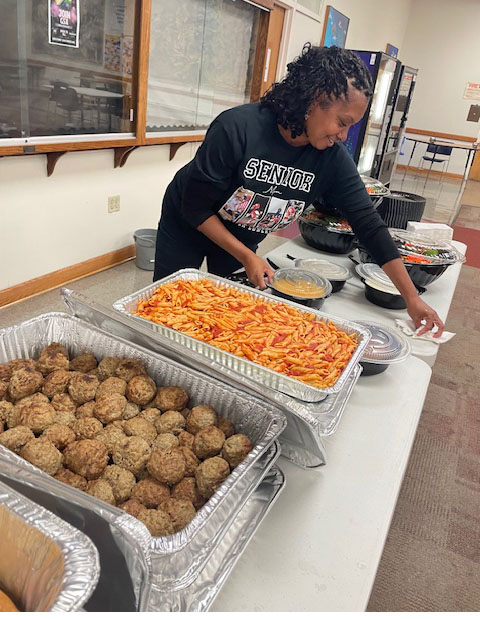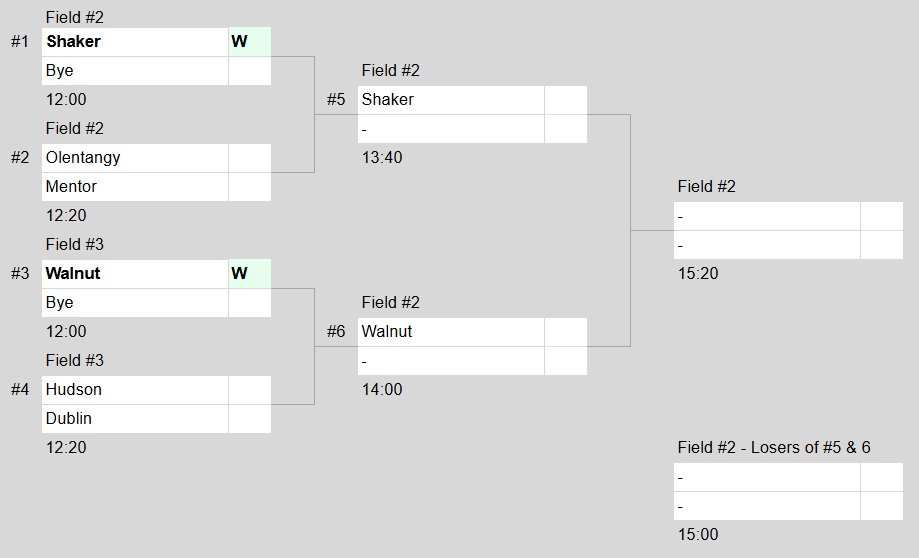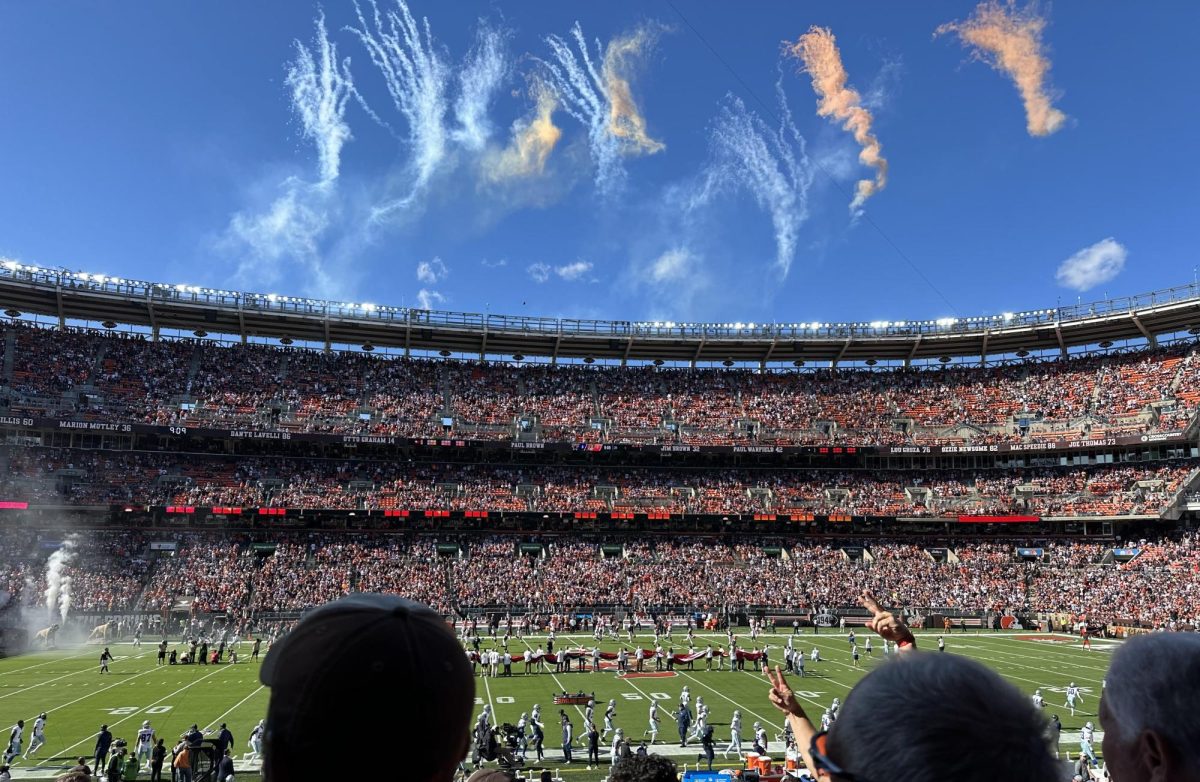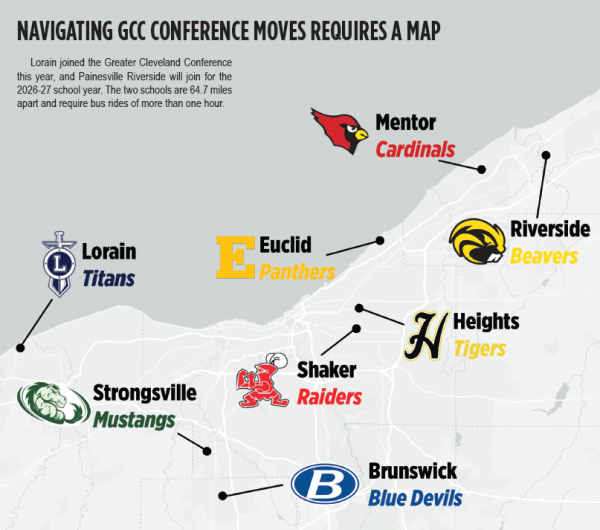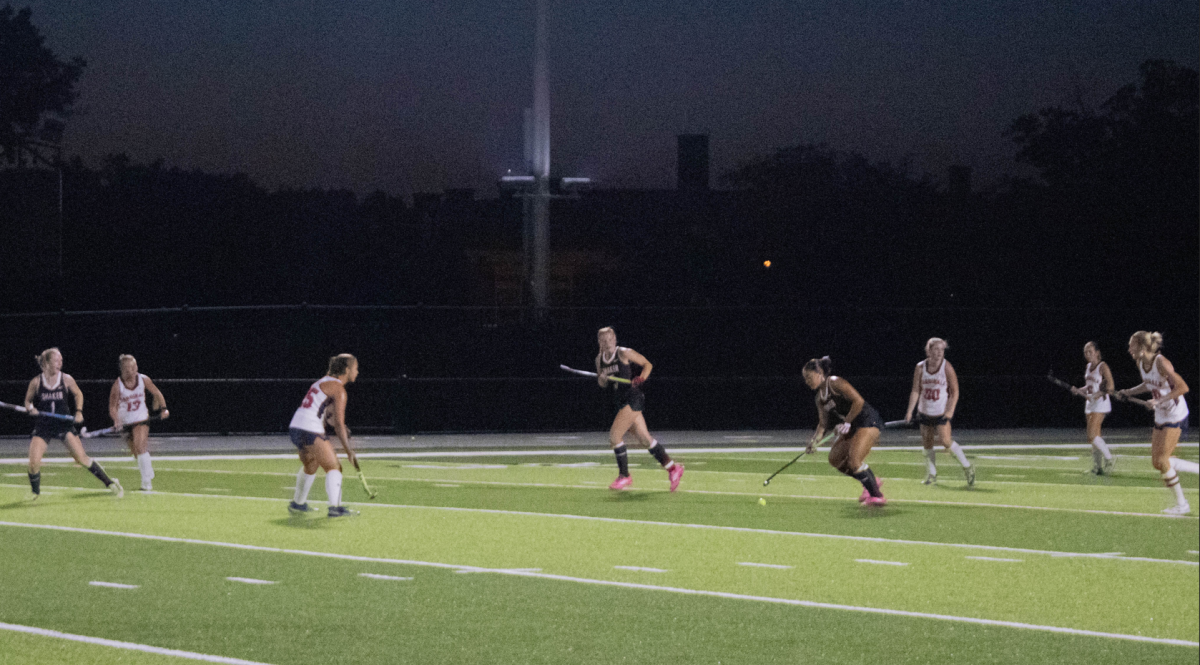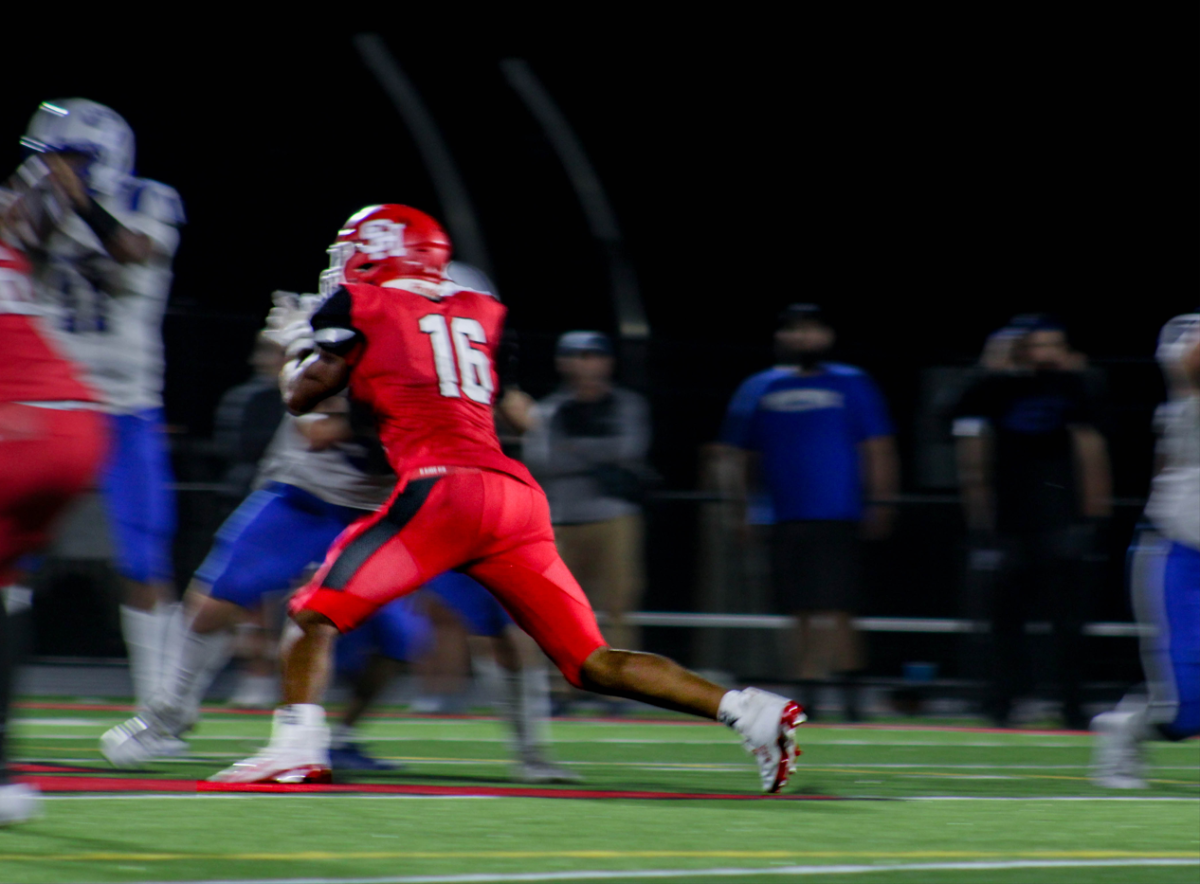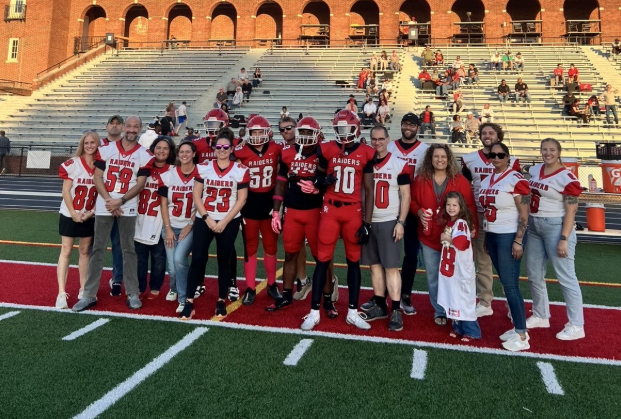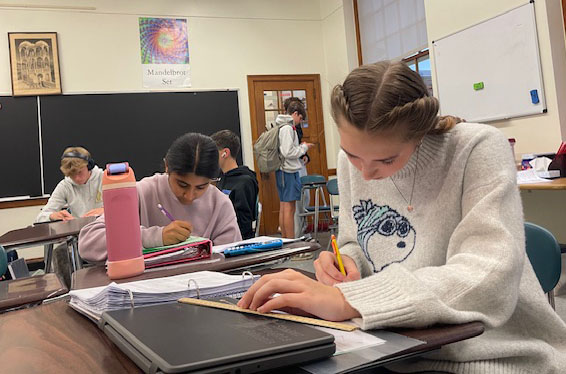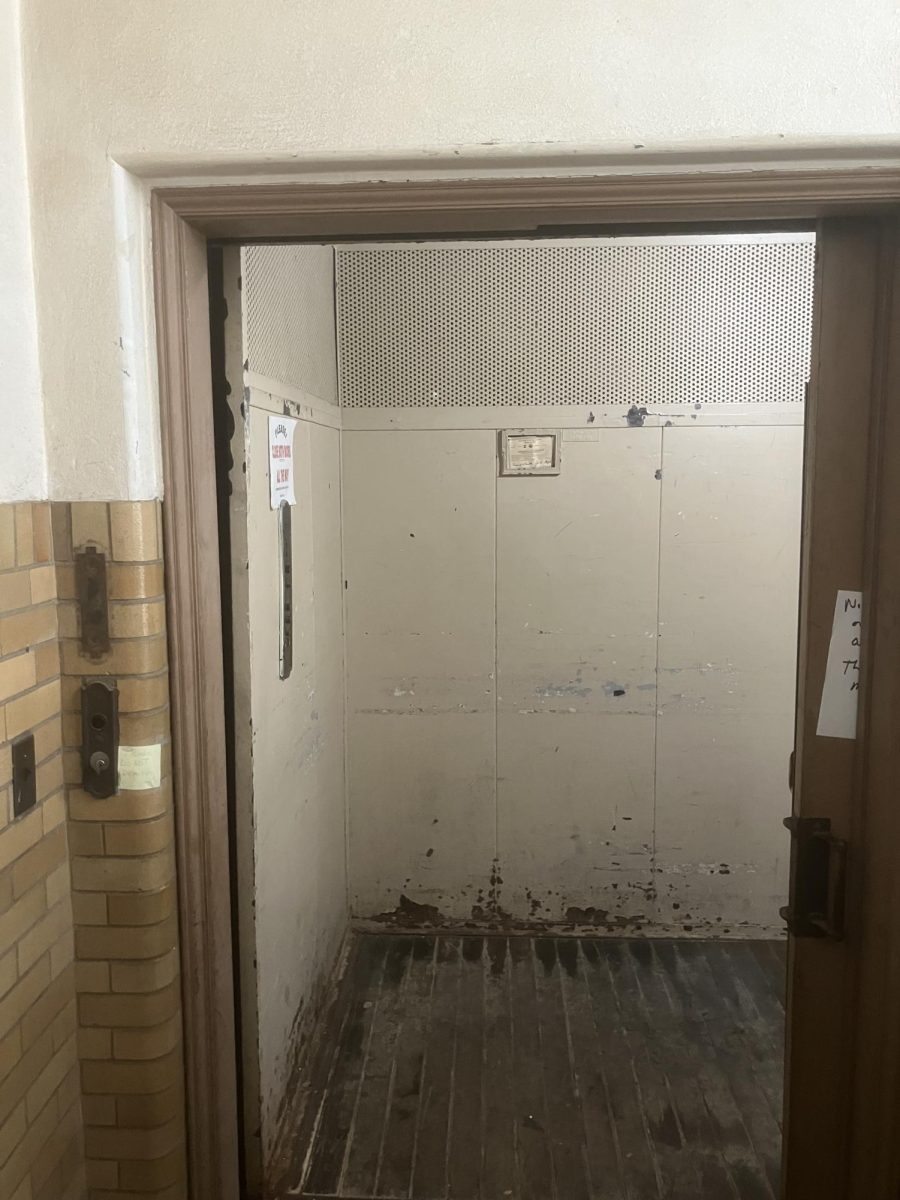Head coaches have a lot to figure out.
How to stop the run.
How to get players on the same page.
How to manage the clock.
And how to feed their teams so they can execute those plans.
High school football players typically need to intake around 3,700 calories on gameday due to the calories they burn, and 3000 on a training day (a regular day). High school football players burn anywhere between 500-1500 calories per game. Depending on their size, players can burn anywhere between 700-1500 calories. A quarterback can burn anything under 300 and over 800 calories a game. Bigger, heavier players like linemen burn more. A high school football player would ideally eat around two to four times a day to take in enough nutrition to play at their best.
Because varsity games happen after dinner on Friday nights, head coach Alex Nicholson has to make sure his players eat dinner, but not too much, not the wrong food, and not too close to kickoff.
Nicholson said team meals occur at different times depending on game times. “The varsity team does them before games, and then when we feed our freshman JV guys, it’s after the games,” Nicholson said.
Nicholson said the teams always get some type of protein before or after a game. He also said that he wanted players to try to stay away from all packaged food and try to stay away from loading up on carbs before kickoff.
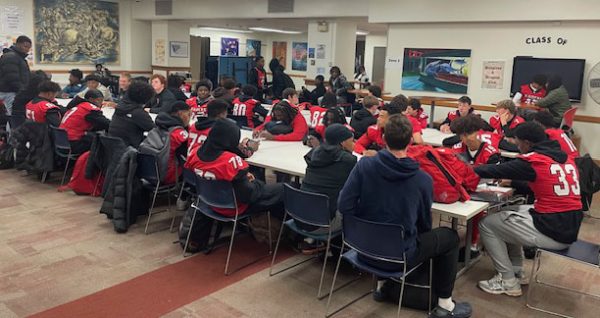
Junior kicker Loukas White said he tries to follow these instructions
“On game days, definitely, I try to eat, like, no sugar. And I drink water. During the season, I definitely try to, but I’m not completely avoiding foods just because I’m in season,” White said.
White said following the guidelines takes time. “It’s hard because I have so little time during the season because of football and school work, so it’s hard to like, wake up and make a good breakfast and come home and have a good dinner because I have to go to school early in the morning and then I have football. Once I get home from football, I have to go straight to homework.”
When Nicholson arranges these team meals for his players, he tries to mostly focus on protein. “I don’t want to stay away from carbs, but I don’t want to load up on garbage just because they can sit and they don’t digest. You want to eat carbs the night before. That way they’re in your system,” Nicholson said. “So this year we’re doing pasta heavy with carbs, and heavy with some protein.”
Teams eat different meals based on when they play. “So the freshman JV typically is some sort of sandwich, with a bag of chips and apples,” Nicholson said. “Then the varsity guys before their game, they get some sort of protein like beef, chicken, maybe meatballs.”
In his fourth year of playing football, White said the mental focus of his kicking position requires energy. He said that of all the team meals, he liked the catered meals most. “We had Irie Jamaican Kitchen. And then this year we have catering, and it’s like pasta and meatballs and breadsticks,” he said.
“Of the two, I definitely like the pasta because Irie was good, but we had it a lot, and it got old pretty quickly,” he said. “And the pasta’s nice because it’s a good pregame meal. It has a lot of carbs and protein, and there’s salad and breadsticks. It’s a good all-around meal.”

Both Nicholson and head basketball coach Danny Young said they know what they would do if they had unlimited money to feed players. “I would have a nutritionist, and that would be their primary job to feed all the teams. And a nutritionist, they would know what you need to eat and how much you eat,” Young said.
Nicholson said he would also hire a nutritionist because of their expertise. “If money were unlimited, I would actually have a staff nutritionist and have them do that because I have some knowledge, but I’m not professional with it. So if money wasn’t an issue, we would have a nutritionist, or even somebody with that dietary background, sports nutritionist, even a certified strength and conditioning coach like coach Schlesinger, to kind of design all our pre-, postgame meals,” he said.

